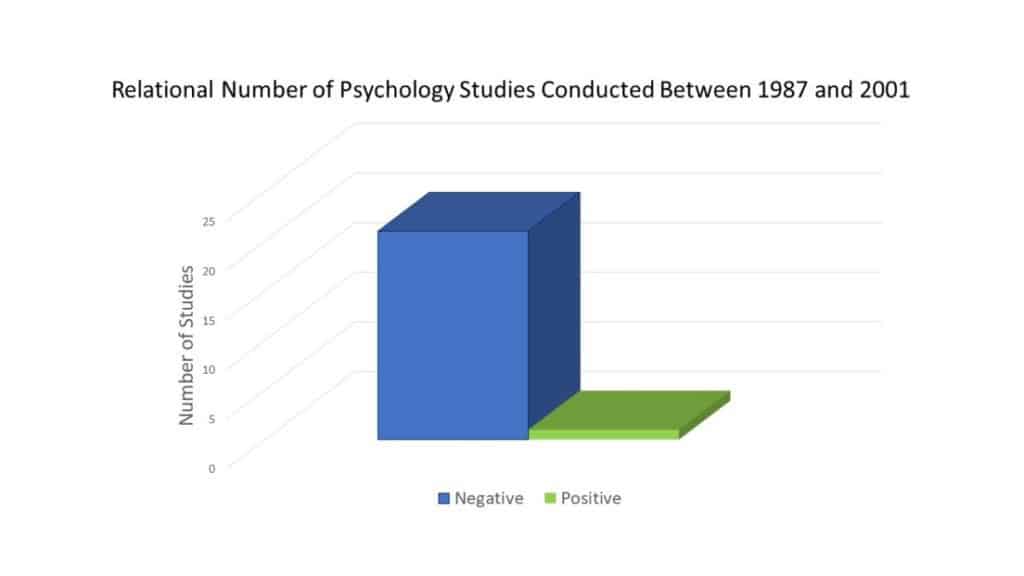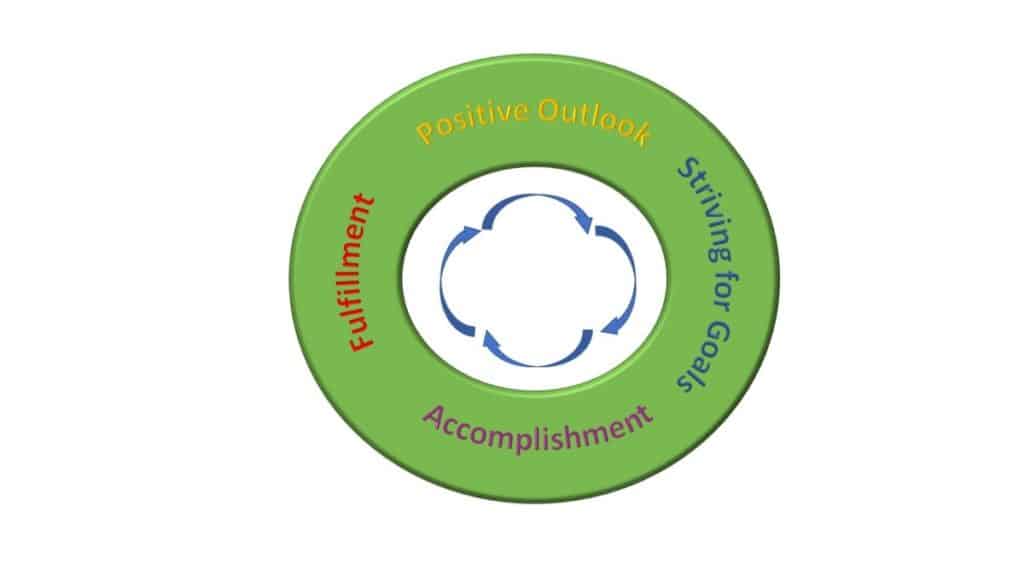Keeping yourself motivated as leaders of team is EASY!
Not.

It can be tough enough to stay motivated as another member of a team, grinding it out, day after day. But when you’re the leader of the team, it’s imperative for the overall success of the team, and also for you and your career. Let’s face it… one of the most important roles a leader has is keeping their team motivated – continually promoting the team putting forth the best effort to achieve the group goals.
As a leader, how can you motivate your team if you aren’t motivated yourself?
Here’s a list of 6 habits that leaders can develop to keep themselves motivated:
- Remember the Reasons
- Set Goals
- Hold Yourself Accountable
- Seek Regular Inspiration
- Invest in Energizing Relationships
- Focus on the Positives
- Start Every Day with Happiness
- Find the Fun
Remember the Reasons
Knowing that you have to go to work – you have to do something versus doing what you really want to be spending time doing – can be a downer. There’s so much life after work, and truly, for many, it’s that part of life that is sometimes the major focus. The job is a means to an end. For others, while they love their work, it can be monotonous, a source of anxiety or fear (or other negative feelings.) But it’s important to remember the reasons behind the reasons you’re there.

Reasons behind the reasons? Yup. A big reason why you’re there may be for your career, but what made you choose your current path? What inspired you to choose this career and what made you interested in leading a team? What are you good at and how are you able to shine? How can you make the biggest impact? What have you always enjoyed about your role?
What drives you? Is it wanting to serve others, grow your skills, transform the business?
The answers should be at the center of who you are as a leader. Your reasons are a big part of your motivation.
Set Goals
At face value, this one is obvious for leaders, but let’s look a couple of layers deeper.
What are the end goals for the team? What does success look like? What are the steps that will get you all there? What good will come out of reaching milestones on the way to reaching the end goals?
Personal Story about Goals
I’d like to bring this point home with a personal story about one of my sons. My oldest is a Division I swimmer. He’s seen miles of tile on the bottom of the pool. He’s memorized everything about the pools he’s been in. All of this was to make it become a Division I athlete. It’s a sport that few watch, many don’t even know exists, and the only time it gets much notice is during the Olympics every four years. Even if he were to ever become exceptional, he won’t ever get much recognition… at least he wouldn’t get recognition commensurate with the dedication to the sport, both in and out of the pool.
Yet, he’s worked on being the best he can be at this sport ever since he was twelve. Through all of the missed social events, through all of the struggles, he’s kept his goals as the focus.
The point is, setting goals and reaching for results that are meaningful to you – that stir emotion, that elicit passion—can be extremely motivational.
Hold Yourself Accountable
As we all know, setting both end goals and milestones to reach along the way won’t make a bit of difference if there’s no accountability. And while maintaining accountability as it relates to team members is a key attribute of an effective leader, personal accountability sometimes can be forgotten.
But holding yourself personally accountable can be powerfully motivating. Who wants to let themselves down?
This means ensuring that you meet milestones on your timeline and not accepting distractions as excuses. It means taking inventory of processes: what’s working well, and what isn’t? And while a complete inventory of the goods and not-so-goods is important, it’s particularly important for self-motivation to focus on the good things.
Seek Out Regular Inspiration
This is a big one for self-motivated leaders.
Who inspires you? Who stirs up passion in you? Are there people in your office or in your networking group? Are there people (famous or not) who have a story you admire? Who’s overcome seemingly insurmountable obstacles and what can you learn from them? Who makes you want to be a better leader, a better teammate, or a better person?
Here are some of my go-to’s:
Nick Vujicic
If you’ve never heard Nick, you may want to look him up. He was born with no limbs. That’s right… no arms or legs. He’s a motivational speaker (and if you look him up you may notice that he’s also a swimmer, has done extreme sports, paints, and does a lot of other things, as well.) His mantra is “you are beautiful, just the way you are,” which of course comes from his own self awareness and acceptance.
He’s had the opportunity to fall back on excuses, but chooses not to let his condition impede him. He’s a leader and he motivates thousands.
Les Brown
Today, he’s a world-renowned motivational speaker committed to personal and professional development, including leadership training. You wouldn’t know it by listening to him, but he was declared “mentally retarded” in grade school, and while the diagnosis was wrong, he had to overcome many personal hurdles to eventually work as a political commentator, a broadcast station manager, and then develop the personal empire he has today. He’s humble, funny, and can be extremely motivational.
David Goggins
David used to weigh over 300 lbs. He decided he needed to make some changes. He trained, changed his eating habits, and a short while later became the only person from the US Armed Forces who’s completed Navy SEAL training, Air Force air controller training, US Army Ranger School, and now is a ultramarathoner and public speaker. In his book, “Can’t Hurt Me,” he discusses how everyone can find and use their full potential, pushing past fear, and finding and utilizing individual talents.
Many, including those in and outside of the military, look to his story to stay motivated as leaders.
Pastor Beth Moore
Ms. Moore is a pastor, a spiritual motivational speaker and founder of Living Proof Ministries. If you’re a person of faith and like to explore your spirituality, she is passionate, full of energy and thought-provoking.
These are just a few of my favorites from whom I draw inspiration. To each their own, but the point is to find sources of inspiration that provide you with insight, give you hope and encouragement, and motivate you to be your best you, personally and as a leader of a team.
When you find your sources, use them! Today, it’s so easy to consume what people put out there to benefit others! Read what they write or listen to them when you have some spare time. Watch one of their videos. Take their experiences, learn from them, and create your own motivation when you need it.
Invest in Energizing Relationships
Both at the office and when you’re away from work, you surely interact with some who are more difficult to spend time with than others. Some people you just instantly connect with, while others may be more difficult. Those are the ones that can zap your energy. They take more work.
Try to focus your energy on the easier relationships, the ones who provide high value in the way they inspire, provoke thought, or just make you feel good to be around.
Focus on the Positives
With the topic of this post being about keeping yourself motivated as a leader, it’s interesting to delve into the Positive Psychology Theory, and how it plays into self-motivation.
According to PositivePsychology.com, between 1987 and 2001, for every 1 study on how positive psychology affects a person’s well-being, there were 21 studies conducted on negative psychology. Check out this chart which shows it graphically:

The Positive Psychology Theory was developed from the understanding that positive outlooks affect people’s overall happiness and well-being and came into existence because of the need for some studies to balance the ones on negativity. It was originated by a researcher named Martin Seligman, who concluded that there are five elements that directly affect a person’s ability to flourish:
- Positive emotions – As humans, we’re emotional beings. Emotions play a role in all aspects of our lives. The ability to maintain positive emotions, affects all aspects of our lives
- Engagement– The extent to which we fully emerse ourselves in our work and stretch and seek growth has a role in our overall happiness
- Relationships– We are social. The extent to which we connect with others affects our overall sense of well-being.
- Meaning – Our state of happiness is affected by the amount of value we feel we are providing, and get a sense of well-being from pursuing a cause greater than ourselves.
- Accomplishments– Seligman states that reaching goals provides us with a sense of direction. Accomplishment gives us satisfaction.
If these four elements make up the footing of the Positive Psychology Theory, these must be present in order to feel fulfilled, and we want to be fulfilled, it stands to reason that outlook would affect motivation.
Having a positive outlook leads to striving to grow and reach milestones, which leads to accomplishment, which leads to fulfillment. Put in picture form, it might look like this:

To get into a positive mindset when you’re in a negative one means you have to be conscious of the negative thinking and decide to change it. You can’t change what you don’t acknowledge, but you don’t want to focus on your negativity. Rather, acknowledge it, decide to change it, and focus on something positive.
To help with that positive outlook, keep in mind what you truly enjoy about your position, and those people with whom you interact that you enjoy being around. Keeping a positive outlook can certainly help motivation.
Start Every Day With Happiness
In keeping with the Positive Psychology Theory, starting the day by thinking about something that makes you happy can influence your outlook, making it more positive.
Think about it: how often have you been down in the dumps when something good happened that changed your entire outlook? Have you ever been in a bad mood and someone or something made you laugh? It immediately changes your perspective. It’s consciously “getting up on the right side of the bed.” It’s making an effort to be happy.
Hope is also a factor in happiness. Dr. Charles R. Snyder, a psychologist at the University of Kansas and pioneering researcher of hope states that hope actually has three parts: goals, agency and pathways. Goals are desired outcomes, agency is the ability to make those desires come true and the motivation to reach them, and pathways are the methods those goals are achieved.
Dr. Jon Allen, senior staff psychologist at a psychiatric facility in Texas says, “As I see it, hope is motivation to stay in the game.” It’s different than optimism, although closely-related. Optimism is a general feeling that good things will happen, while hope is positive feelings about something specific. And both can be very beneficial in shaping your positive outlook on days where self-motivation is lacking. (1)
So, what makes you happy? Is it your child’s smile? A special cup of coffee? A comedian podcast on the way to work? Maybe it is as simple as a special song.
What give you hope? Is it the thought of a possible promotion? The vision of celebrating success after your team reaches its goals?
Find and do the things that can give you hope, optimism and ultimately happiness, the things that can help you start your day with a positive outlook. You may be surprised how much more motivated and full of energy you feel.
Look for the Fun
Looking for the fun is sort of in the same vein as the previous three habits. It has to do with finding enjoyment in what you are doing throughout the day and celebrating it, if even for a moment. The importance of celebrating with your team was discussed in a previous post, Celebrating with Employees: How the Best Leaders Do It. But there’s a lot of merit to celebrating with friends in other departments, or just celebrating small wins on your own.
A smile, a laugh, a positive acknowledgement here and there can make a huge difference in how a day goes. It can help you stay motivated, and may just spill over to your team, as well.
I’ll leave the post with what I feel is a thought-provoking statement from Positive Psychology about the power of motivation:
” Our motivation is our most valuable commodity. Multiplied only by action, its value fluctuates with how we invest our attention. “
Beata Souders, Positive Psychology

